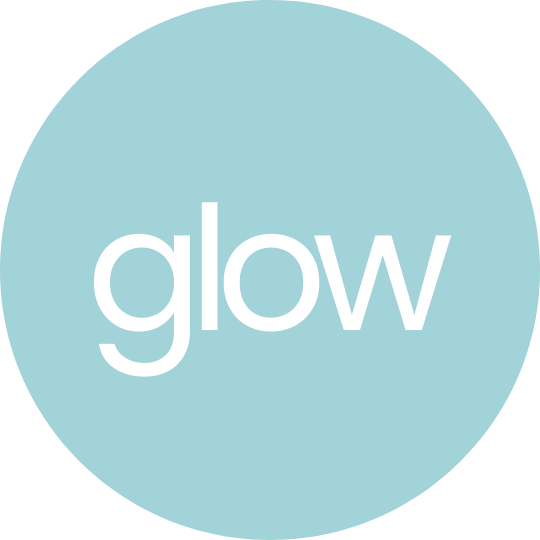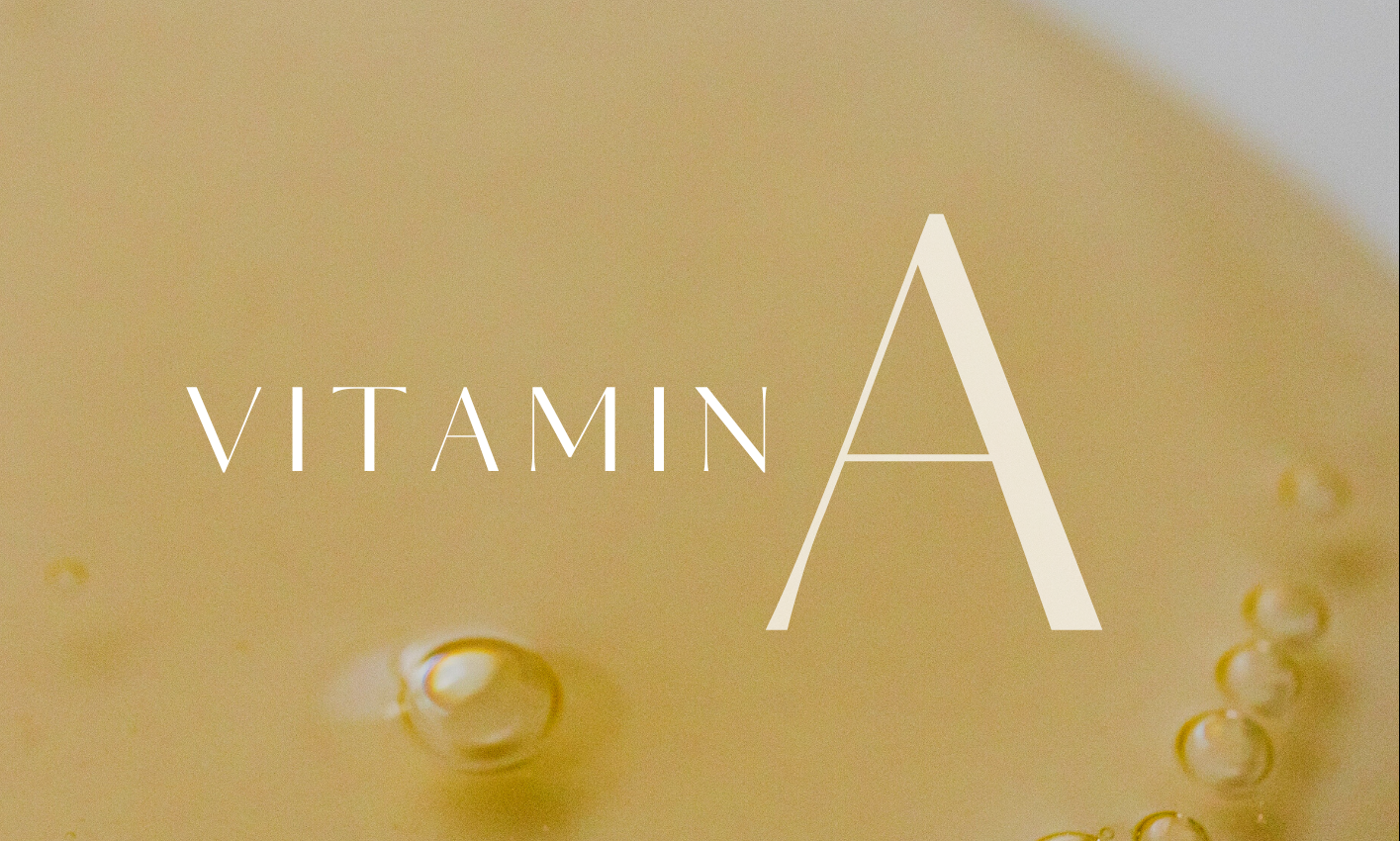This week on our Skincare Science series, we’re diving into one of our favorites - Vitamin A.
Vitamin A has long been known as the Beauty Industry’s wonder-ingredient for antiaging. You may be wondering, “Okay, then why haven’t I heard about it?” but you probably have; retinoids, retinol, and retinoic acids are all derivatives of Vitamin A.
Retinol and retinoic acid are the most popular Vitamin A derivatives. These are also the most often used versions in skincare products. For topical treatment, the molecule is most stable in this form; once it penetrates the skin, the product is converted into retinoic acid. Because retinoic acid is biologically active, it can penetrate the skin’s deeper layers and reach the cell nucleus. From this point, signals start the production of proteins that impact skin changes.
Understand that Vitamin A can affect skin at the molecular level by reaching and altering the DNA of a cell.
How does Vitamin A affect skin?
- Promotes cellular turnover, stimulating the shedding of old cells
- Exfoliates, improving skin tone and texture
- Stimulates collagen production throughout the deeper layers of the skin
- Thickens skin by increasing collagen and cell turnover
- Reduces wrinkles + fine lines by slowing down the cells that destroy collagen
- Improves acne by stimulating stem cells that promote wound healing
- Helps decrease oil production
Who can use it?
Vitamin A can affect skin at the molecular level by reaching and altering the DNA of a cell.
When and how should I be using it?
Will my skin be irritated at first?
Let’s talk about the side effects.
Is there anything I need to use with it?
What should I avoid while using it?
How do I add it to my routine?
See below for some of our top retinol recommendations!






